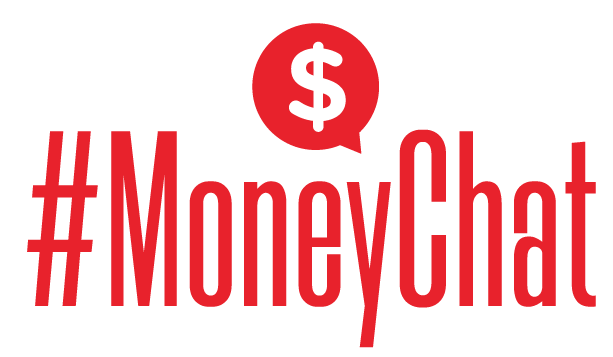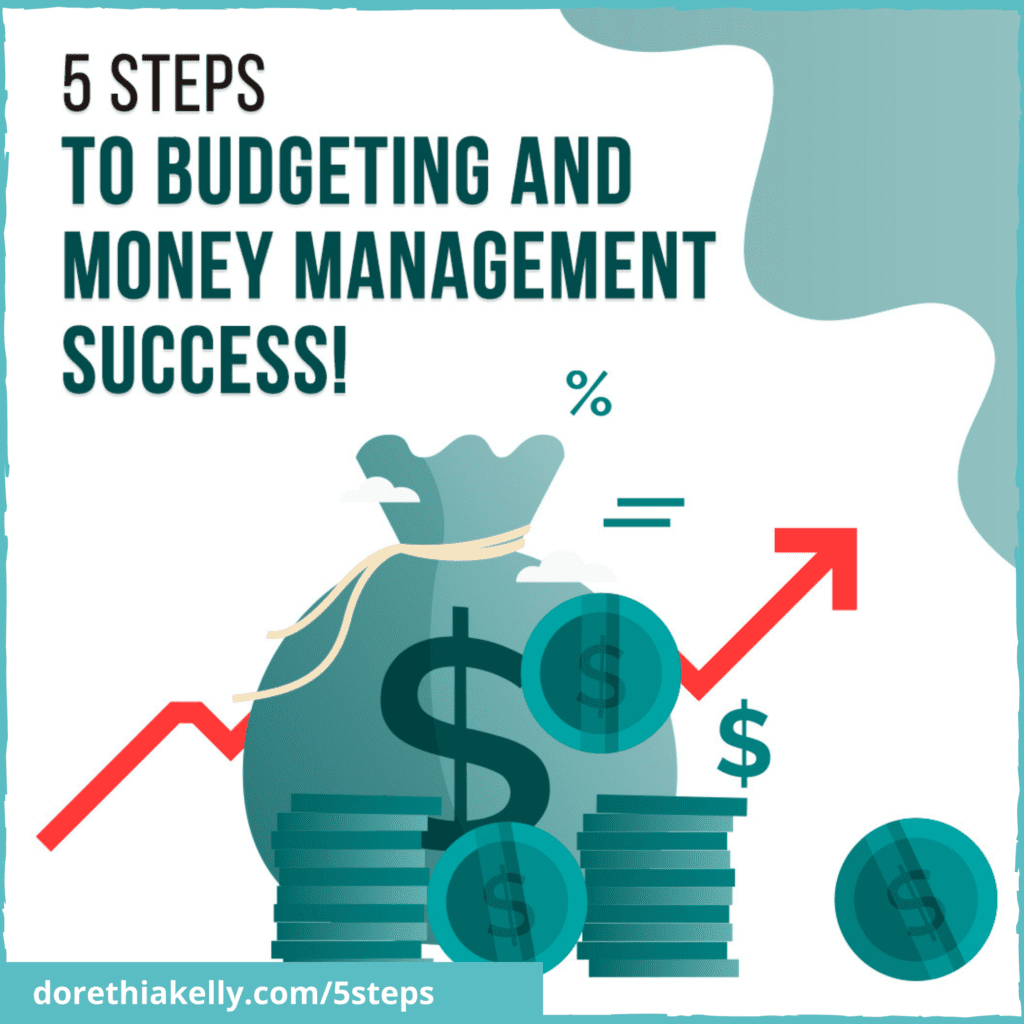Everything You Need to Know About Starting a Business
The excitement of starting your dream business can be both exhilarating and scary. Before you start your business, here are a few things to know to help calm your nerves.
Choosing which Business to Start
Before you start a business, you must decide which business to start. There are millions of ideas out there, but not every idea is right for you.
Running a business is a full-time gig – something that will occupy your mind and time 24/7. You want it to be something you can run successfully and enjoy. If you aren’t going to love the business you run, why put the money and time into it, right?
Here are a few questions to ask yourself before starting a business?
- What do I love to do?
There may be a business doing what you love. Think about what you went to school for, what hobbies or activities light you up, and/or what skills you have that could help other businesses.
For example, if you are a crafted writer, you can help business owners who can’t write. Everyone needs a website, social media presence and blog if they want to succeed in business. You can help the business owners who can’t write a proper sentence have a beautiful online presence.
- What talents do I have?
Branching off what you love to do, think about what you’re good at. What do people always ask of you or what advice do you constantly give people? Chances are you could make a business out of your talent.
It doesn’t have to be anything crazy either. Sure, a crafty person could make a great living selling their handmade goods, but someone who is great at customer service could also thrive providing services to businesses. Dig deep and think about what talents you have that could serve others.
- What’s in demand right now?
Do some industry research. What talents do you have that could feed into current demands? Look deeply into each industry and see where there may be a void you can fill. What can you do differently that other businesses aren’t doing?
If you don’t have the skills for something currently in demand, can you take courses at a community college to learn the skills and start a business?
- Do I understand the definition of an entrepreneur?
Don’t get caught up in the hype of owning your own business. Make sure you truly understand the definition of an entrepreneur, what it includes and what it will demand from you.
Define your Why
Think about why you’re starting your business. What are your goals?
Think about personally why you’re starting it. Do you want to spend more time at home? Do you have a specific income you’re trying to reach? Is there a product or service you find lacking and want to provide?
Also consider your professional reasons. Have you always had a specific goal to own your own business? Do you not want to work underneath someone any longer? Is there an industry you want to work, but by yourself and not for someone?
Your why will help you keep going even when things get tough. Write down your why and keep it posted where you can see it for motivation and reminders.
Getting Started
Once you’ve chosen your business, it’s time to choose your business structure. There are five main options, but most business owners bootstrapping with their own funds start as an LLC.
Sole Proprietor
Sole proprietorship is the most common form of business ownership because it’s the easiest to set up and run. You own the business in your name, keep your own records, and all income is pass-through income to your individual tax returns.
Sole proprietors don’t have any legal protection should someone file a claim against the business, which could put your personal assets at stake. You are also responsible for both sides of the income tax – employer and employee for a total tax rate of 15.2% on your business income.
Partnership
A partnership, as the name suggests, is a business owned by two or more people. You can choose a limited partnership or limited liability partnership. A limited partnership has one partner with unlimited liability and one with limited liability. Limited liability partners have limited control over the business, but also won’t be subjected to the debts of any partners.
A limited partnership is one where all members have limited liability. In other words, each are protected from the business debts of another partner.
Partnerships also have pass-through income which means each partner claims their business income on their individual tax return.
LLC
An LLC is a cross between a partnership and corporation. This structure protects your personal liabilities should there be a claim against your business. It is a good option for any businesses with medium to high-risk.
LLCs also have pass-through income, though, which means owners claim the business taxes on their individual tax returns and pay Medicare and Social Security taxes (employer taxes) on the income.
C-Corp
A corporation is the only business structure that’s entirely separate from the owners. Corporations file their own taxes, make their own profits, and can have their own legal issues. Corporations provide the greatest level of protection, but at a price. They are more expensive to set up and have more administrative laws you must follow.
The downside of corporations is the earnings can be taxed twice – once as the profits of a corporation and second as the dividends to the owners. But, corporations can raise funds via stock.
S-Corp
The IRS has strict requirements regarding which businesses can file as an S-Corp and they must approve the designation ahead of time.
Write a Business Plan
This can be a daunting step when starting a business. Your business plan helps guide you as you start and grow your business, but it also helps investors and lenders when you need more funding.
Your business plan should include what your business will do, its mission, target audience, and your goals. It should have short and long-term goals and at least cover the next 5 years. Include in your business plan any market research you do to prove the need for your business as well as an exit strategy should you decide it’s not right for you.
How to Calculate Startup Costs
Before you can start a business, you must know how much money you need to start it. At this point, it’s an estimate, but with the following steps, you’ll have a good idea of how much money you need.

Where will you run your business?
Do you need a brick-and-mortar store, or will you run your business from home? If you’re offering a service, running the business from home may be the most economical choice.

What equipment or supplies do you need?
You don’t have to go crazy with supplies and equipment to start. Figure out what you need to start making some money and you can always add on from there.

Do you need licenses or permits?
Check with your state and local county to determine what (if any) licenses and permits you need to start and run your business.

How much inventory do you need?
If you’ll sell goods, you’ll need an inventory to start. Estimate the cost of a basic inventory and include it in your startup costs.

What will marketing cost?
If you do the marketing yourself, you can keep the costs down, but if you don’t know anything about marketing, you may need to bring in someone who specializes in it to get you up and running.

Will you hire an attorney and/or tax advisor?
It’s a good idea to have business professionals helping you with the back-end of your business. An attorney can help you set up and properly run your business and a tax advisor can help with the financial part of your business.
Getting into the Entrepreneur Mindset
Getting into the entrepreneur mindset can be tougher than choosing your business and financing it.
Once you choose your business, you must go ‘all in’ with your mindset. This isn’t a time to doubt yourself or wonder if you’ll succeed. Stop imposter syndrome in its tracks – it has no room in your business.
To help you get into the entrepreneur mindset, get as many people on board with you as possible. Your spouse, parents, siblings, and close friends should all be your biggest supporters. They could even be your first source of marketing too since word of mouth is the best way to advertise sometimes.
Know going into your business that you’ll have ups and downs. You must be mentally tough and able to handle whatever is thrown your way. You are in charge when you own a business so all decisions are on you and not every decision will be easy.
Learning Time Management
Time management is another big obstacle when starting your own business. You must learn to balance your business, home life, and possibly your current job too. If you’ll run your business as a side gig to start (highly recommended), time management is the key.
If you don’t manage your time correctly, you could easily burnout in your business. Burning the candle at both ends can be stressful, hard on your health, and destroy your business.
Create a schedule and stick to it. Make time for your family and yourself. Before you start, decide at what point you’ll quit your job too. Don’t leave that decision for the heat of the moment. Instead, set the bar and when you achieve it, quit.
Funding your Business
Once you’ve worked everything out, it’s time to fund your business. This can be the most daunting part of becoming an entrepreneur.
You’ve estimated your costs, now where will you get the money?
Here are some ideas:
- Use your own money – If you’re starting a business, hopefully you’ve saved money to fund it. This is where most people start. A few key places to get self-funds include your 401K, savings, taxable investments, or asking friends and family for help.
- Crowdfunding – You’d be surprised at how many people are willing to help businesses get started. Crowdfunding means pooling money together from multiple people, sometimes hundreds or thousands. The people that invest in your business won’t have a stake in it, but most business owners provide a free gift for their investment, such as a product they sell or a free service.
- Small business loan – If you have a solid business plan, financial projections, and expense sheet, you may be able to secure a small business loan. You can apply with the SBA or private banks. Just make sure you don’t bite off more than you can chew.
- Investors – As you grow, you may be able to ask investors to invest in your business to help you grow. Choose your investors wisely and determine their role ahead of time. They will have a stake in your business, so make sure your attorney outlines their responsibilities and rights before you close the deal.
- Grants for small business – You may also be able to find grants for your small business through the SBA or other local organizations.
Final Thoughts
Starting a business can be the most exciting and nerve-wracking thing you do in your life. With the right steps it can be life changing both personally and professionally.
Before you start a business, do your research and some soul searching. Figure out which business will suit you and the industry you’re serving the best. Even if you’re entering an already saturated market, figure out how you can stand out. There are many ways to serve your community and create a successful business.
Take your time, set your goals, and avoid burnout when you’re working both your business and your job until you’re ready to quit. With the right steps, starting your own business can be a life-changing experience!
Let’s Connect










